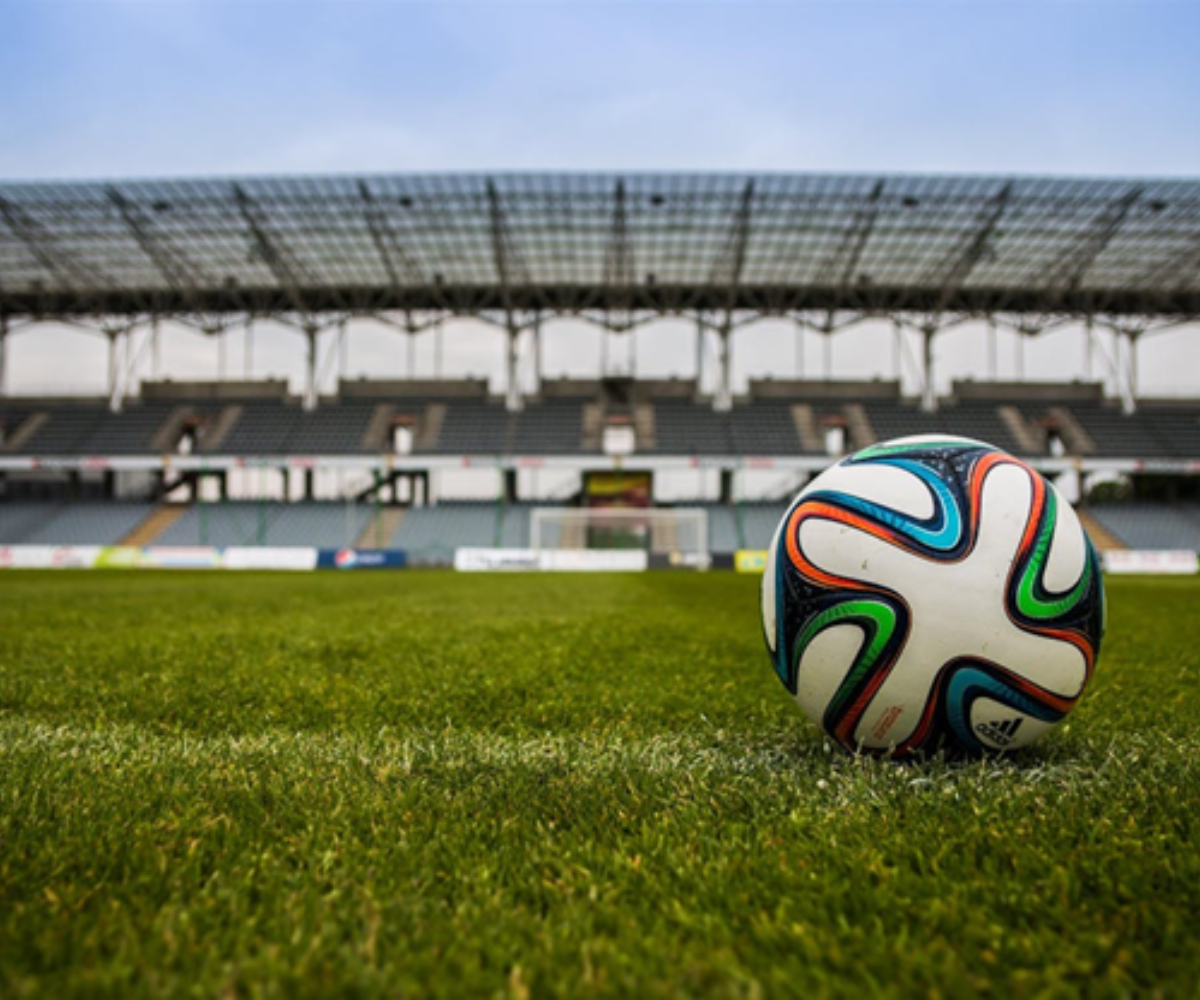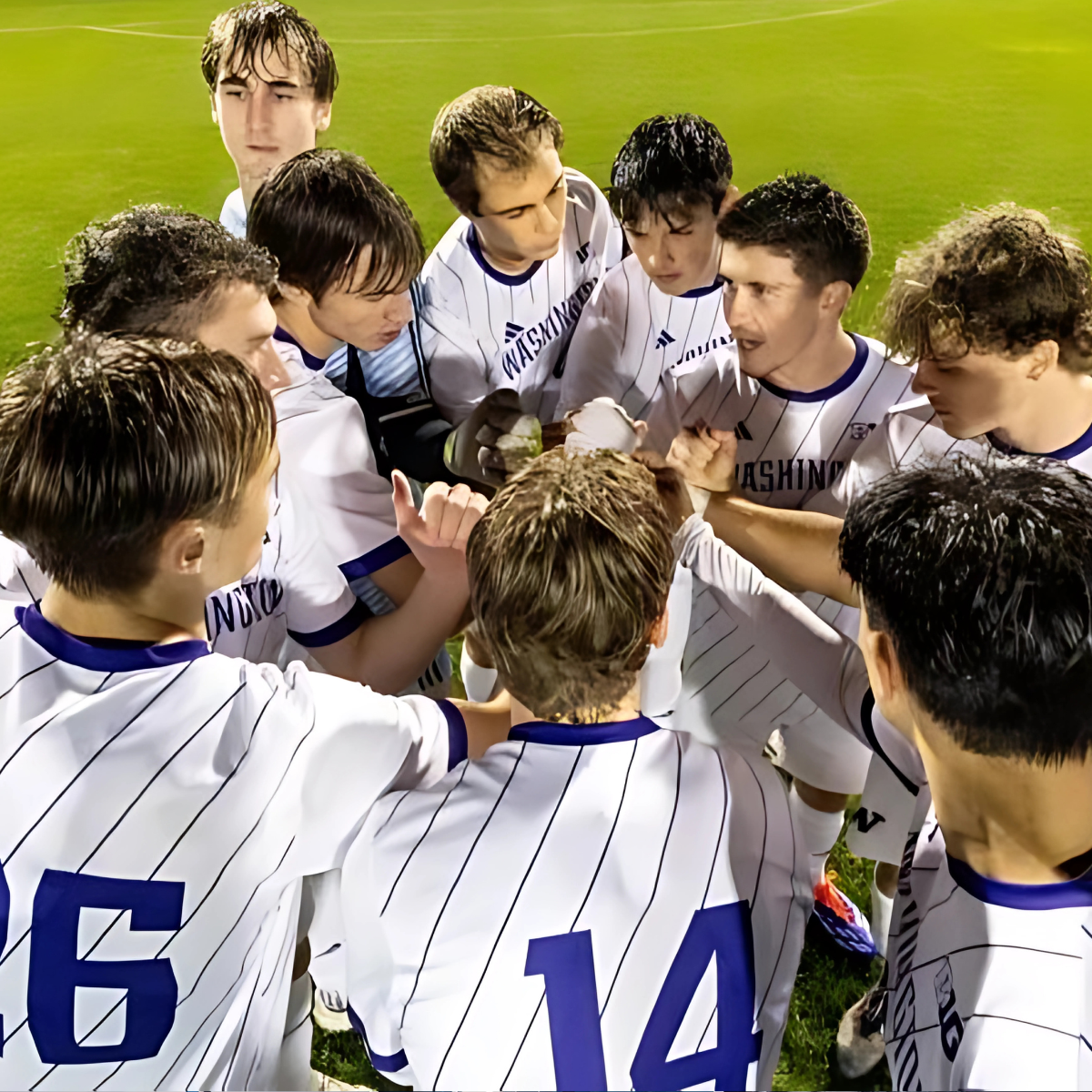The Psychology of Clutch Performance and How Athletes Can Develop It
Clutch performance refers to the ability of athletes to excel under pressure, often leading to outstanding achievements in critical moments of competition. This phenomenon is characterized by heightened focus, intense effort, and a sense of control that enables athletes to perform at their best when it matters most. Understanding the psychological dynamics of clutch performance can help athletes develop the skills necessary to thrive in high-pressure situations.
Understanding Clutch Performance
Clutch performance is often described as a better-than-usual performance that occurs in high-stakes situations. Research has identified several key characteristics that differentiate clutch moments from regular performance:
- Heightened Concentration: Athletes in clutch situations often experience a significant increase in focus and concentration. This deliberate focus allows them to block out distractions and concentrate solely on the task at hand.
- Intense Effort: Clutch performances are marked by a willingness to exert maximum effort. Athletes push themselves beyond their normal limits, demonstrating a commitment to success that can lead to exceptional results.
- Increased Awareness: Many athletes report heightened awareness during clutch moments, allowing them to read the game or competition better and make quicker decisions.
- Control and Confidence: A strong sense of control over their performance and the situation contributes to an athlete's ability to perform under pressure. This confidence is often bolstered by previous experiences of success.
- Emotional Regulation: Effective management of emotions is crucial for clutch performance. Athletes who can maintain composure and channel their nervous energy positively are more likely to succeed in high-pressure scenarios.
The Psychological Mechanisms Behind Clutch Performance
The psychology of clutch performance involves several interrelated factors:
- Adrenaline Response: In high-pressure situations, the body releases adrenaline, which can enhance physical capabilities but may also impair fine motor skills. Athletes who learn to harness this physiological response can improve their performance while managing potential drawbacks.
- Mindset and Self-Talk: A positive mindset and effective self-talk strategies are essential for maintaining confidence and focus during clutch moments. Athletes who cultivate a "clutch mindset" view challenges as opportunities rather than threats.
- Routine and Rituals: Many elite athletes engage in pre-game rituals or routines that help stabilize anxiety and prepare mentally for competition. These practices create a sense of familiarity and control that can enhance performance under pressure.
Read: The Psychology of Team Cohesion and How It Can Be Enhanced
Developing Clutch Performance Skills
Athletes can adopt various strategies to cultivate their ability to perform in clutch situations:
- Practice Under Pressure: Simulating high-pressure scenarios during training can help athletes become accustomed to performing under stress. This practice allows them to develop coping mechanisms and build confidence in their abilities.
- Set Specific Goals: Establishing clear, achievable goals helps athletes maintain focus during competitions. By concentrating on process-oriented goals rather than solely on outcomes, they can reduce anxiety and enhance their performance.
- Utilize Visualization Techniques: Mental imagery can be a powerful tool for preparing for clutch moments. Athletes should visualize themselves succeeding in high-pressure situations, reinforcing their belief in their capabilities.
- Focus on Breathing and Relaxation Techniques: Incorporating mindfulness practices such as deep breathing or meditation can help athletes manage anxiety and maintain composure during critical moments. These techniques promote relaxation and enhance focus.
- Build Resilience Through Experience: Gaining experience in competitive settings helps athletes develop resilience. Learning from both successes and failures enables them to adapt their strategies and approach future challenges with greater confidence.
The psychology of clutch performance is an intricate interplay of focus, effort, emotional regulation, and confidence that allows athletes to excel under pressure. By understanding the characteristics that define clutch moments and implementing strategies such as practicing under pressure, setting specific goals, utilizing visualization techniques, focusing on relaxation methods, and building resilience through experience, athletes can enhance their ability to perform at their best when it matters most. Developing these skills not only improves athletic performance but also fosters a greater sense of self-efficacy and fulfillment in competitive endeavors.
Read: How does the concept of self-compassion benefit athlete well-being and performance?







%20(1200%20%C3%97%20232%20px)%20(9).png)









.png)

